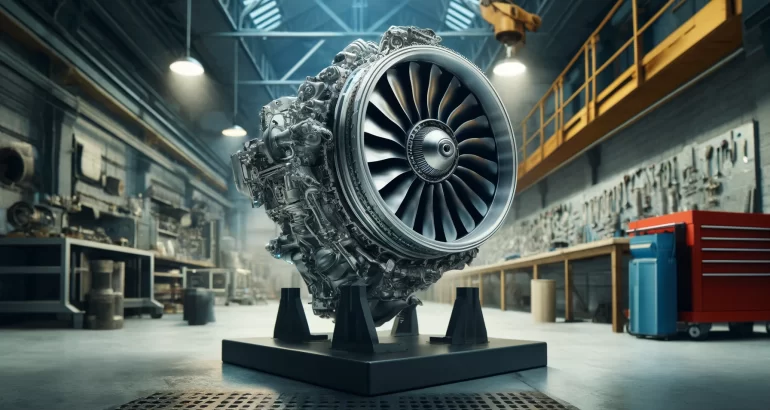The aviation industry is a complex ecosystem where safety, reliability, and performance are paramount. At the heart of this ecosystem are aircraft engine parts, critical components that ensure the smooth operation of aircraft. In Europe, the landscape of suppliers for these parts is vast and varied, making it essential to understand who the key players are and how to navigate the marketplace effectively. This article delves into the importance of high-quality aircraft engine parts, highlights leading suppliers in Europe, and provides insights into the evolving marketplace for aviation components.
The Importance of High-Quality Aircraft Engine Parts
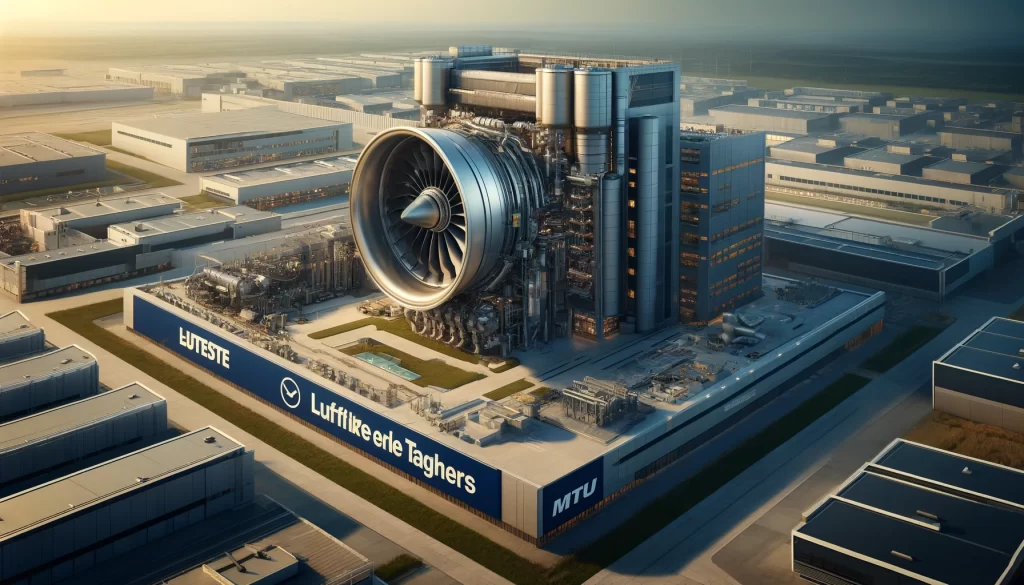
Ensuring Safety and Reliability
The safety and reliability of aircraft operations hinge on the quality of their engine parts. High-quality components are essential for preventing mechanical failures and ensuring that aircraft can perform their intended functions without interruption. For instance, a minor defect in an engine part can lead to significant safety risks, potentially endangering lives and leading to costly downtime. Therefore, investing in high-quality parts is not merely a financial decision but a critical safety measure.
Enhancing Aircraft Performance
Superior engine parts contribute significantly to the overall performance of an aircraft. High-quality parts can enhance fuel efficiency, reduce maintenance costs, and extend the operational life of the aircraft. This is particularly important in the commercial aviation sector, where efficiency and cost-effectiveness are crucial. Airlines that use top-notch engine parts can expect better performance metrics, fewer delays, and more satisfied passengers.
FAQs
1. The Importance of High-Quality Aircraft Engine Parts
Q1: Why is it crucial to use high-quality aircraft engine parts? A1: High-quality parts ensure safety, reliability, and optimal performance, reducing the risk of mechanical failures.
Q2: How do quality engine parts enhance aircraft performance? A2: They improve fuel efficiency, reduce maintenance costs, and extend the aircraft’s operational life.
Q3: What regulatory standards must aircraft engine parts meet? A3: They must comply with stringent standards set by bodies like the European Union Aviation Safety Agency (EASA).
Regulatory Compliance and Standards
The aviation industry is heavily regulated to ensure safety and operational efficiency. Regulatory bodies such as the European Union Aviation Safety Agency (EASA) impose stringent standards on the quality and performance of aircraft parts. Using certified, high-quality engine parts ensures compliance with these regulations, thereby avoiding legal penalties and enhancing the airline’s reputation for safety.
Leading Aircraft Engine Parts Suppliers in Europe
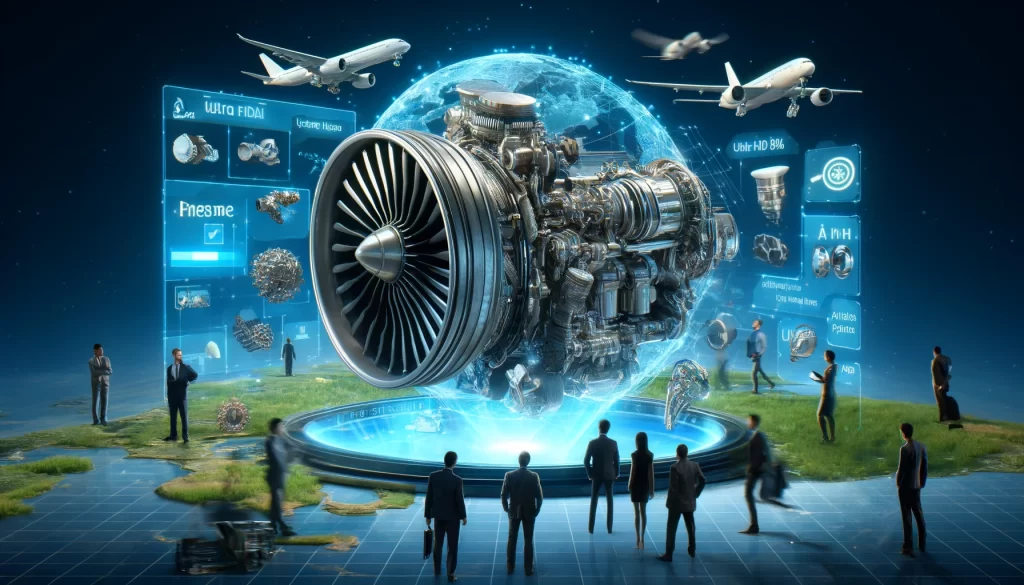
Overview of Top Suppliers
Europe is home to several renowned suppliers of aircraft engine parts. Companies like Lufthansa Technik, MTU Aero Engines, and Safran Aircraft Engines are at the forefront, offering a wide range of components tailored to different aircraft models and requirements. These suppliers are known for their commitment to quality, innovation, and customer satisfaction.
Key Criteria for Choosing a Supplier
Selecting the right supplier involves considering several critical factors:
- Quality Assurance: Ensure the supplier adheres to international quality standards.
- Reputation: Look for suppliers with a proven track record in the industry.
- Support Services: Evaluate the availability of maintenance and after-sales support.
- Certifications: Verify that the supplier’s products are certified by relevant aviation authorities.
FAQs
Q1: Who are some top suppliers of aircraft engine parts in Europe? A1: Leading suppliers include Lufthansa Technik, MTU Aero Engines, and Safran Aircraft Engines.
Q2: What should I consider when choosing a supplier? A2: Consider quality assurance, reputation, support services, and relevant certifications.
Q3: Are there success stories of airlines working with European suppliers? A3: Yes, many airlines have successfully improved their operations through partnerships with top suppliers.
Navigating the Aviation Spare Parts Marketplace
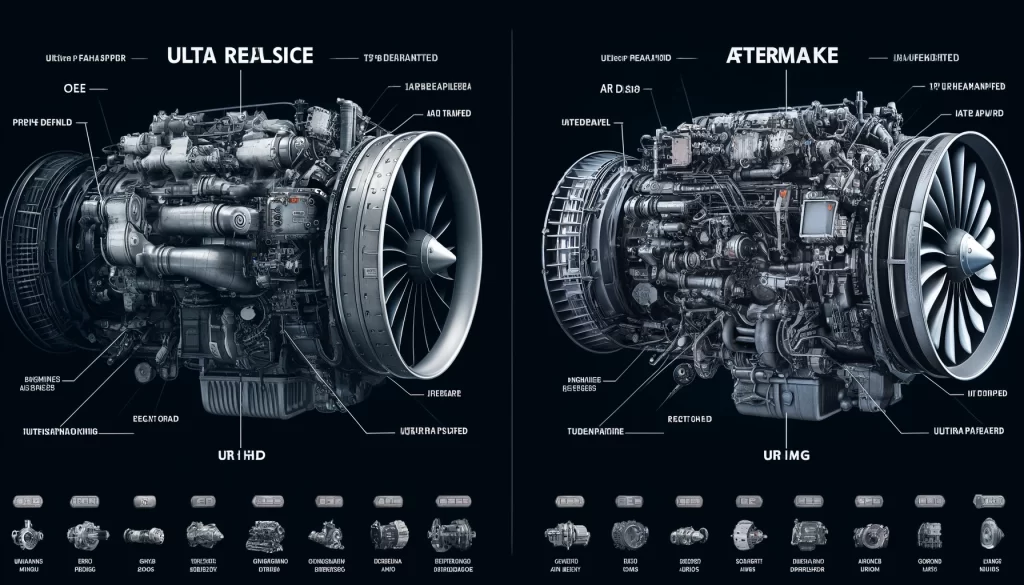
Online Platforms and Marketplaces
The advent of digital platforms has revolutionized the aviation spare parts marketplace. Websites like Aviall and ILSMart provide comprehensive listings of available parts, facilitating easier comparison and procurement for airlines and maintenance providers.
Benefits of Using Marketplace Solutions
Using dedicated marketplaces offers several benefits:
- Wide Selection: Access to a broad range of parts from multiple suppliers.
- Competitive Pricing: Ability to compare prices and choose the most cost-effective options.
- Transparency: Clear visibility into part specifications and supplier credentials.
Future Trends in Aviation Component Trading
The future of aviation component trading is likely to be shaped by digital transformation and increased use of data analytics. Predictive maintenance, powered by AI and IoT, will enable more proactive parts replacement, reducing downtime and enhancing operational efficiency.
FAQs
Q1: How have digital platforms changed the spare parts marketplace? A1: Digital platforms provide easier access to parts listings, competitive pricing, and enhanced transparency.
Q2: What are the benefits of using dedicated marketplaces? A2: Benefits include a wide selection of parts, competitive pricing, and clear supplier credentials.
Q3: What future trends are expected in aviation component trading? A3: Future trends include digital transformation, predictive maintenance, and increased use of AI and IoT.
The Role of OEM Parts in Aircraft Maintenance
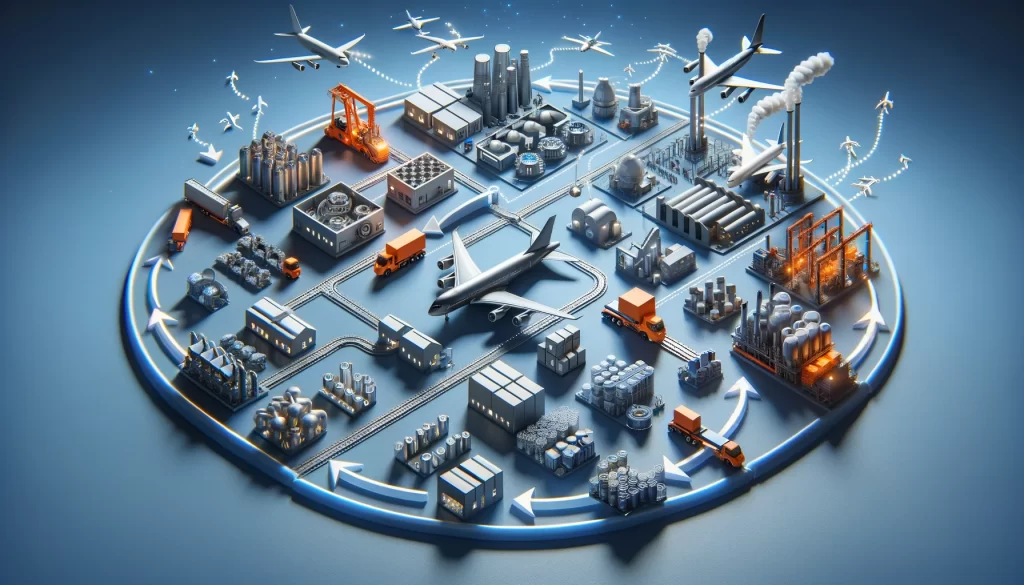
Understanding OEM vs. Aftermarket Parts
Original Equipment Manufacturer (OEM) parts are produced by the original manufacturer of the aircraft, while aftermarket parts are made by third-party companies. Each has its benefits, but OEM parts are generally preferred for their guaranteed compatibility and quality.
The Value of Genuine OEM Parts
Using genuine OEM parts ensures that the components meet the exact specifications and standards set by the aircraft manufacturer. This reduces the risk of incompatibility issues and enhances the reliability of the aircraft.
FAQs
Q1: What is the difference between OEM and aftermarket parts? A1: OEM parts are made by the original manufacturer, while aftermarket parts are produced by third-party companies.
Q2: Why are genuine OEM parts important? A2: They ensure compatibility and meet the exact standards of the aircraft manufacturer, enhancing reliability.
Q3: Can you provide an example of the impact of using OEM parts? A3: A major airline reduced mechanical issues and maintenance costs by switching to OEM parts from a reputable supplier.
Ensuring Reliable Supply Chains for Aerospace Components
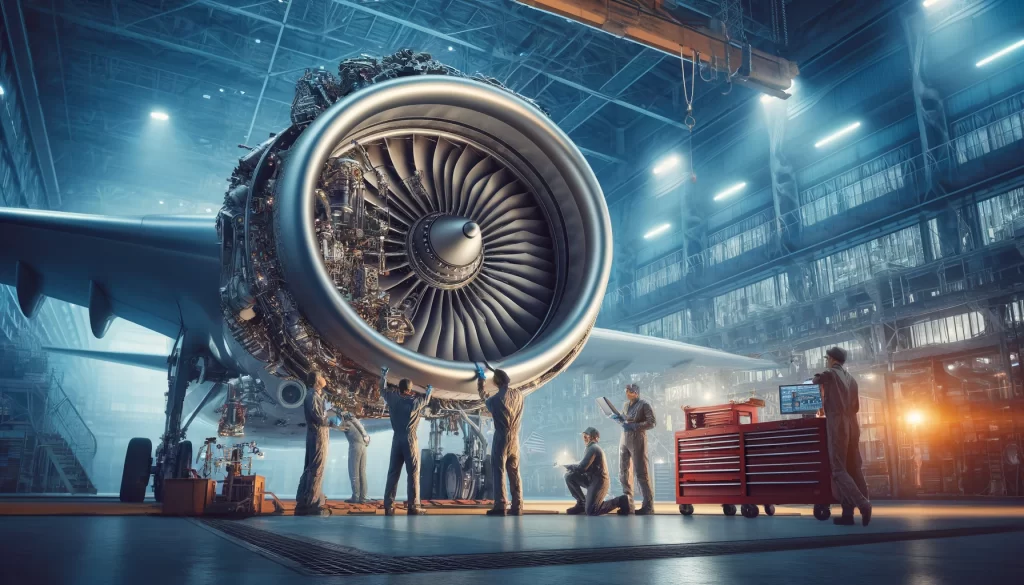
Challenges in the Supply Chain
The aerospace supply chain is susceptible to various challenges, including geopolitical tensions, economic fluctuations, and logistical issues. These challenges can disrupt the timely delivery of crucial parts, affecting aircraft maintenance schedules.
Best Practices for Supply Chain Management
To mitigate these challenges, it is essential to:
- Diversify Suppliers: Avoid dependence on a single supplier to reduce risk.
- Implement Robust Tracking Systems: Use advanced tracking technologies to monitor the movement of parts.
- Maintain Strategic Stockpiles: Keep a reserve of critical components to avoid shortages.
Future-Proofing Your Supply Chain
Investing in technology and building strong relationships with multiple suppliers can future-proof your supply chain. For example, adopting blockchain technology can enhance transparency and traceability, ensuring that parts are genuine and delivered on time.
FAQs
Q1: What are common challenges in the aerospace supply chain? A1: Challenges include geopolitical tensions, economic fluctuations, and logistical issues.
Q2: How can these challenges be mitigated? A2: Diversifying suppliers, using robust tracking systems, and maintaining strategic stockpiles are effective strategies.
Q3: What strategies can future-proof the supply chain? A3: Investing in technology and building strong relationships with multiple suppliers can enhance supply chain resilience.
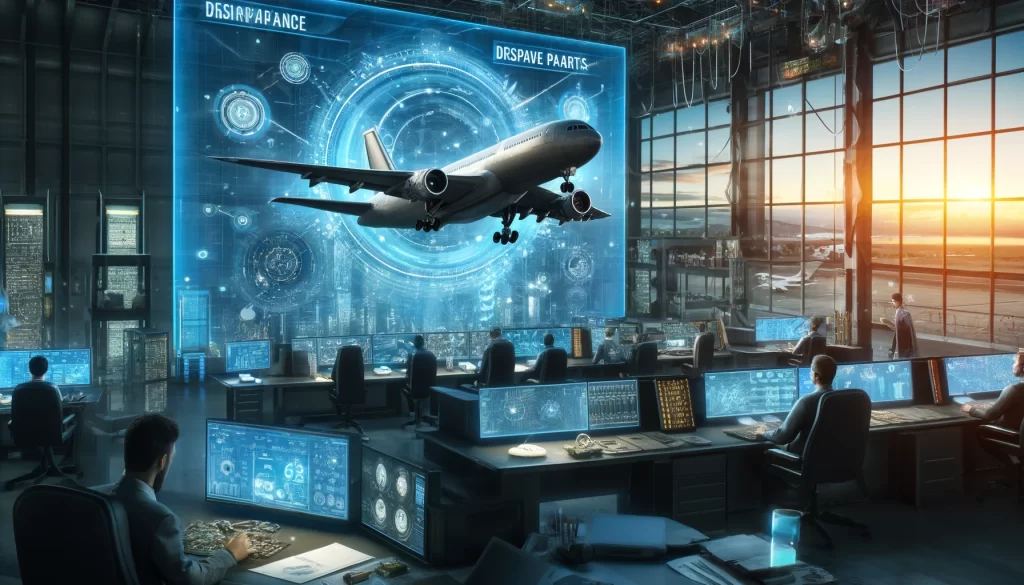
Conclusion
Sourcing high-quality aircraft engine parts is a critical aspect of maintaining safe, reliable, and efficient aircraft operations. By understanding the importance of these parts, knowing the leading suppliers in Europe, and navigating the evolving marketplace effectively, airlines can ensure they meet the highest standards of performance and safety. Investing in genuine OEM parts and managing a reliable supply chain are essential strategies for sustaining long-term success in the aviation industry.
